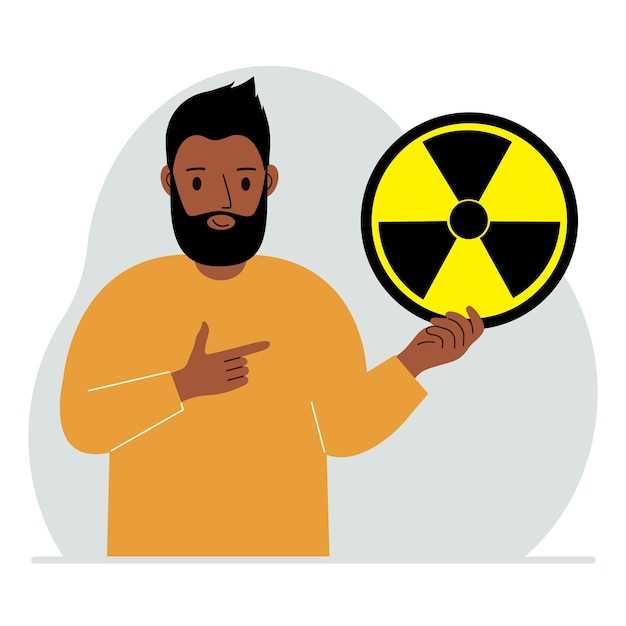
Losartan is a popular medication for treating high blood pressure and reducing the risk of stroke and heart attack. However, like any drug, it can have dangerous side effects that you should be aware of.
It is important to consult with your healthcare provider before starting or stopping any medication.
Overview of Losartan
Losartan is a commonly prescribed medication for the treatment of high blood pressure. It belongs to a class of drugs known as angiotensin II receptor blockers (ARBs). Losartan works by blocking the action of angiotensin II, a hormone that causes blood vessels to constrict, leading to increased blood pressure.
How does Losartan work?
Losartan relaxes the blood vessels, allowing blood to flow more easily and reducing the workload on the heart. By lowering blood pressure, Losartan helps to prevent strokes, heart attacks, and kidney problems.
Key benefits of using Losartan:
- Effective in lowering blood pressure
- Reduces the risk of cardiovascular events
- Protects the kidneys from damage
- Well-tolerated with few side effects
Overall, Losartan is considered a safe and effective medication for the management of hypertension and other cardiovascular conditions.
Benefits of using Losartan

Losartan is a popular medication used to treat high blood pressure and heart failure. It belongs to a class of drugs known as angiotensin receptor blockers (ARBs) which help to relax blood vessels, lowering blood pressure and improving blood flow.
Key benefits of using Losartan include:
- Effective in lowering blood pressure: Losartan has been proven to effectively lower blood pressure in individuals with hypertension.
- Protects kidney function: Losartan can help protect the kidneys from damage caused by high blood pressure, making it a valuable treatment option for individuals with kidney disease.
- Improves heart function: By lowering blood pressure and reducing the workload on the heart, Losartan can improve heart function and reduce the risk of heart failure.
- Well-tolerated: Losartan is generally well-tolerated by most individuals, with few common side effects.
- May reduce the risk of stroke: Losartan has been shown to reduce the risk of stroke in individuals with high blood pressure, making it a valuable treatment option for stroke prevention.
Overall, Losartan is a safe and effective medication for managing high blood pressure and heart failure, with numerous benefits for cardiovascular health.
Dangerous side effects
Losartan is generally well-tolerated, but like any medication, it does come with potential risks and side effects. Some dangerous side effects of Losartan include:
- Severe allergic reactions
- Chest pain or tightness
- Swelling of the face, lips, throat, or tongue
- Blurred vision or vision changes
It is important to seek immediate medical attention if you experience any of these symptoms while taking Losartan. Remember to always consult with your healthcare provider before starting or stopping any medication.
Potential risks of Losartan
While Losartan is generally well-tolerated, there are potential risks associated with its use that you should be aware of:
Hypotension:
Losartan can cause a sudden drop in blood pressure, which may lead to symptoms such as dizziness, lightheadedness, and fainting. It is important to monitor your blood pressure regularly while taking Losartan.
Hyperkalemia:
Losartan can cause high levels of potassium in the blood, known as hyperkalemia. This can be dangerous and may lead to symptoms such as muscle weakness, fatigue, and irregular heartbeat. If you experience these symptoms, contact your healthcare provider immediately.
It is essential to talk to your doctor about the potential risks of Losartan and discuss any concerns you may have before starting this medication.
Severe adverse reactions to Losartan
Losartan, like any medication, can have severe adverse reactions in some individuals. It is important to be aware of these potential risks before starting treatment with Losartan. Some of the severe adverse reactions to Losartan may include:
- Severe allergic reactions such as rash, hives, itching, difficulty breathing, or swelling of the face, lips, throat, or tongue
- Decreased kidney function or kidney failure
- Liver problems such as jaundice, hepatitis, or liver failure
- Blood disorders including decreased red blood cells, white blood cells, or platelets
It is important to seek immediate medical attention if you experience any of these severe adverse reactions while taking Losartan. Your healthcare provider will be able to assess the situation and provide appropriate treatment to address these issues.
